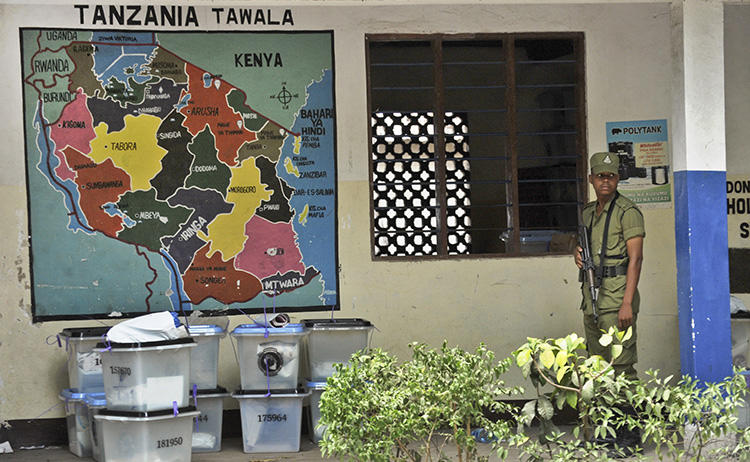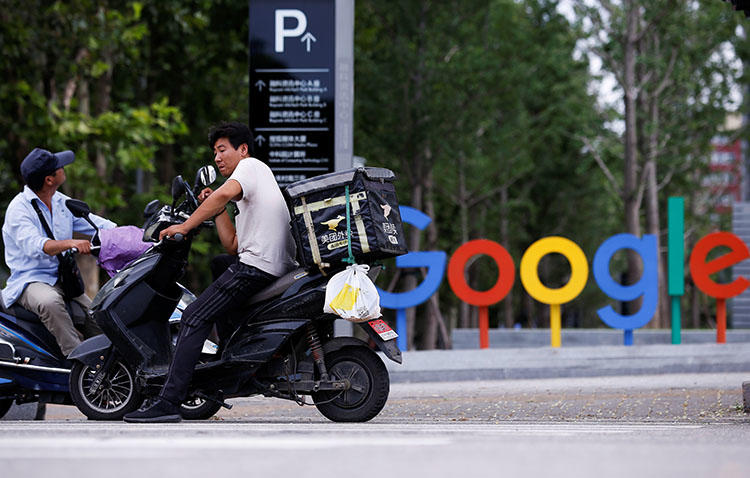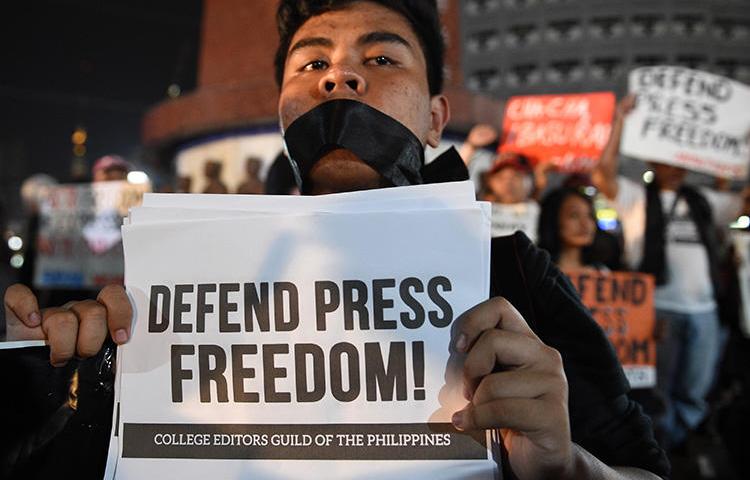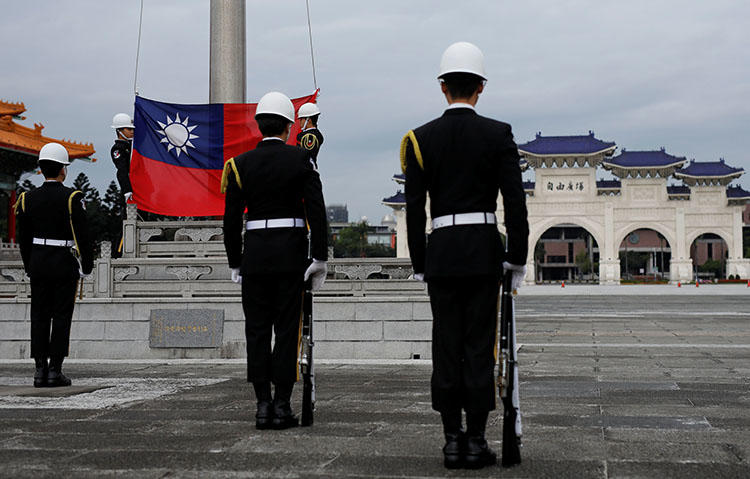
Online smear campaign targets freelance reporter in Nicaragua
New York, September 25, 2018–Nicaraguan authorities should investigate a targeted online harassment campaign against freelance journalist Carl David Goette-Luciak, find those responsible, and ensure his safety, the Committee to Protect Journalists said today.

In Ethiopia, mobile internet cut in the capital amid clashes and protests
Nairobi, September 21, 2018–The Committee to Protect Journalists today urged Ethiopian authorities to ensure internet is available, including during times of unrest when access to information provided by journalists is crucial. Mobile internet was unavailable in the capital, Addis Ababa, from September 17 to the morning of September 19 amid protests and clashes, according to…

CPJ joins call for UN Human Rights Council to address crackdown in Tanzania
The Committee to Protect Journalists and 29 other civil society groups yesterday wrote to the member and observer states of the United Nations Human Rights Council urging them to address the deteriorating situation for human rights, including freedom of the press, in Tanzania during the upcoming 39th session of the council in September.

Google complicity in Chinese censorship could endanger press freedom elsewhere
In 2010, after four years of offering Chinese users a heavily censored version of its search engine, Google decided it would no longer block search results at the request of the Chinese state. “Our objection is to those forces of totalitarianism,” Sergey Brin, Google’s co-founder, told The New York Times at the time, adding that…

How Turkey silences journalists online, one removal request at a time
On June 19, Abdülhamit Bilici, the last editor-in-chief of the now-shuttered Turkish paper Zaman, tweeted about the decline of press freedom in his home country. If you can see his tweet, you are probably not in Turkey because it is among the over 1.5 million tweets belonging to journalists and media outlets censored there under…

CPJ condemns pre-election news censorship in Cambodia
Bangkok, July 30, 2018–The Committee to Protect Journalists today condemned the Cambodian government’s move to block news websites ahead of yesterday’s national elections and called for an end to the state’s censorship and harassment of the media.

Vietnam suspends local news website on accusation of false news
Bangkok, July 17, 2018 – Vietnamese authorities yesterday suspended and fined local news website Tuoi Tre Online on accusations that it published false information, according to news reports. The Committee to Protect Journalists called on authorities to immediately and unconditionally lift the ban.

Mission Journal: Duterte leads tri-pronged attack on press amid condemnation of controversial policies
Pia Randa is in Philippine leader Rodrigo Duterte’s crosshairs. At presidential press conferences, Duterte has repeatedly singled out the reporter by name and referred to Rappler, the news site where she works, as “fake news” and her reporting as “corrupt” and “biased” against his administration.

Turkey Crackdown Chronicle: Week of June 10
Journalist arrested A court on June 11 ordered Berzan Güneş, a reporter for the pro-Kurdish Mezopotamya news agency, to be arrested pending trial, his employer reported. The indictment accused Güneş of “making propaganda for a [terrorist] organisation” and presented as evidence the journalist’s social media posts, going back to 2014, according to the report. The…
